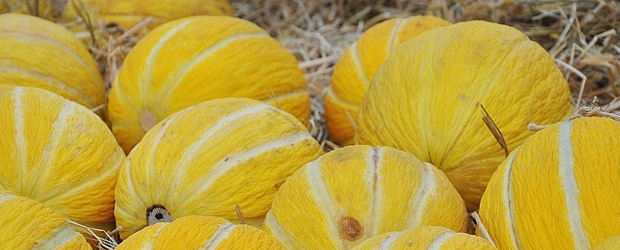
The clock is ticking when products are manufactured and packed for delivery. Seamlessly controlled by a logistics strategy, the products are shipped as bulk commodities and dry goods. They're loaded into containers, placed in the deepest hold of a cargo ship and dispatched to distant ports. The sequence is achingly familiar at this point, with the goods sailing into port before being distributed across the supply network within the destination country. Tri-Tainer Services plays a key role within this refined transportation model, with the container park taking the aforementioned clock and freezing the second hand between one 'tick' and the next. The express goal of the intermodal yard and its 150 storage points is to host reefer containers, storage units that are electrically powered and built to maintain an extra-low internal climate.
Historically, intermodal transport has reached unheard of capacities thanks to the growth of commerce between countries. The Chinese market is booming, as is the growth of product markets across the Americas and Europe. It's with interest that we see this model adapting to ship perishable content across vast distances. The hurdles encountered here are quite different from standard dry products because an umbilical connection of some kind is required to maintain the specialized 'Reefer' containers that prevent food and other perishable items from spoiling. Ships and rail transport routes use their own diesel generators to supply electricity and maintain the integrated refrigeration units that are located on each reefer, but this doesn't account for those periods when the cargo is in limbo. We're referring to the need for interchange facilities. Fortunately, Tri-Tainer Services fills this gap in Victoria, Australia. The 26,000 square metres park plugs Melbourne and the southern shores of Australia into the still developing 'cold chain' that has evolved out of the standard intermodal shipping strategy. Responsible for keeping perishable goods at frosty temperatures, 150 reefer points equip Tri-tainer refrigerated containers with the power to climate-control the meat and produce that are bound for local markets and distant supermarkets.
Thanks to the tactical positioning of the facility, just shy of the Western Freeway, incoming trucks can offload their time-sensitive cargo and know the chilled contents will be monitored while still on a cold chain supply run. The state-of-the-art park is labelled with a department of agriculture approval, a QAV Class 2.8 that characterizes the climate-control functions as suitable for the temporary storage of pig meat, a criteria that proves TriTainer personnel are dedicated to arresting the biological processes associated with perishability. But more than this, the 2000 GP TEU (twenty-foot equivalent unit) park is determined to ceaselessly maintain the cold supply chain while containers are hooked up to supply points. This entails a regular inspection of each operating unit in a determined effort to monitor each reefer for transient temperature changes and produce-damaging humidity spikes.
The regular monitoring and scheduled inspections are the Tri-Tainer Services contribution to the global perishable products market. This top-of-the-line solution pairs location, reefer containers and plenty of capacity with a heightened responsibility ethic that ensures every container is constantly monitored.
| After Hours: | Danny 0408 488 114 |
Optimized by NetwizardSEO.com.au